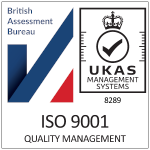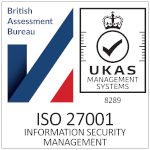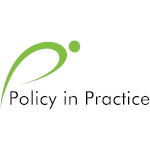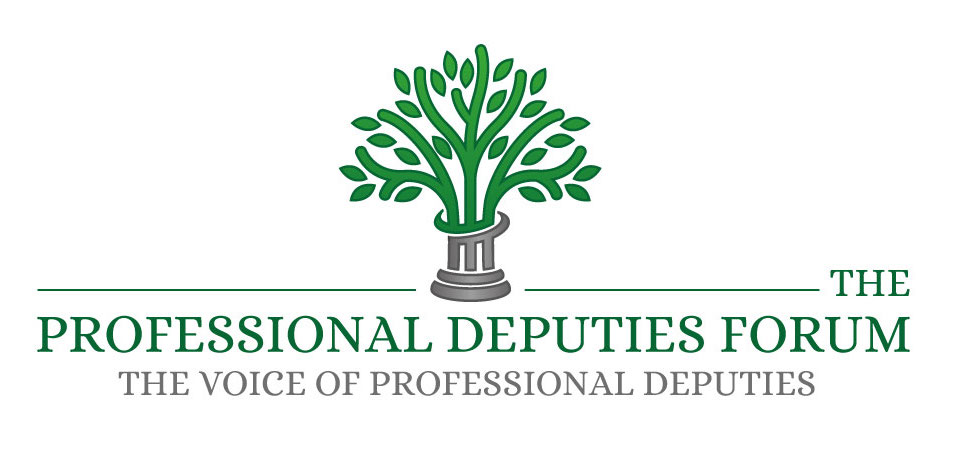It often starts innocently enough, your partner asks to see a receipt for your recent clothes shop, or apologise that he or she opened your bank or credit card statement by mistake. It is not always easy for the abused to recognise when financial abuse is taking place, in the early stages of a relationship it may appear to be part of the usual financial arrangements that couples agree between themselves, many new couples will open joint bank accounts. It is often easier to see the beginning of financial abuse with hindsight. But this can be the start of such habits that can then over time build into more controlling behaviours, which can leave you worried and fearful every time you open your wallet.
Financial abuse can involve your partner spending your jointly-earned money, start making you pay all the home running costs, and scrutinise every penny you spend. It can get worse to the point where your partner will steal your identity and make credit and loan applications in your name having access to your joint bank account and takes the money from the account leaving you to pay the debt. Partner intimidation and financial abuse is without doubt an awful situation to find oneself in, and can be magnified if children are present.
If this is not bad enough, it can even become the fore-runner of even more serious types of abuse including emotional, or even physical, abuse. Financially abused victims whilst in the vast majority will be women, men too can be vulnerable, particularly if they have disabilities.
Warning Signs
A 2015 report for the TUC and the charity Women’s Aid – called Unequal Trapped and Controlled – found that financial abuse was often the first sign of further emotional or domestic abuse.
The authors of that report, Marilyn Howard and Amy Skipp, say the ten most frequent signs to look out for are a partner who:
- takes important financial decisions without you
- uses your credit/debit card without asking
- controls your access to money, through credit cards or a bank account
- takes your benefit payments, or wages
- refuses to contribute to household bills or children’s expenses
- puts bills in your name, but does not contribute to them
- takes out loans in your name – but does not help with repayments
- takes money from your purse/ bank account
- stops you working
- uses you as a free source of labour
Financial Abuse can involve a range of behaviours that seek to control the financially abused often interlaced with aspects of emotional and psychological abuse. This can result in the financially abused being left without money for essentials, being in debt and in poor mental health.
It is important for any individual to seek help and advice in such situations.
You can call Women’s aid Freephone 24hr National Domestic Violence Helpline (run in partnership between Women’s Aid and Refuge) on 0808 2000 247.
In Wales call the All-Wales 24 Hour Domestic Violence Helpline on 0808 80 10 800.
In Northern Ireland call the Freephone 24 Hour Domestic Violence Helpline on 0808 802 1414.
In Scotland call the Freephone 24 Hour Domestic Violence Helpline on 0800 027 1234.
Men’s Advice Line
Call the Men’s Advice Line on 0808 8010 327. It’s free from landlines and most mobile phones.













Comments(2)-

-

Lisa Mann says
07/03/2017 at 10:49 amSo important to remember that abuse is not gender specific. My husband whilst in a previous relationship was subject to Financial, Emotional and Physical Abuse, he is a magistrate and his now x-wife was a once police officer.
Mark Bryant says
06/04/2017 at 2:41 pmThank you for your comments. Vulnerability comes in many different ways and at different times in peoples life, we do hope that the VRS can help many people facing vulnerable situations.